UN chief appeals to Syria as Assad vows to fight on
State news agency SANA reports Assad said he would not bow to mounting pressure and "plots".
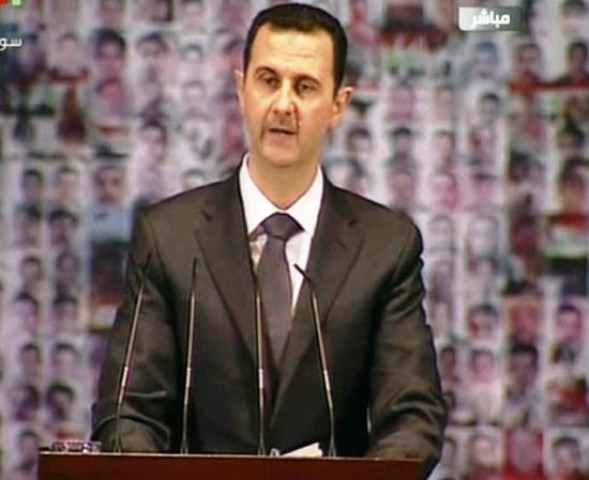
An image grab taken from the state-run Syrian TV shows Syria's embattled President Bashar al-Assad making a public address. PHOTO: AFP
Ban referred to an offer for talks by National Coalition leader Ahmed Moaz al-Khatib as "an opportunity we should not miss - a chance to switch from a devastating military logic to a promising political approach."
"This was a courageous offer by Mr al-Khatib," he said in a speech Monday at the Council on Foreign Relations, urging both the Syrian government and the Security Council to "respond positively."
Earlier Monday, however, Assad said he would not bow to mounting pressure and "plots," state news agency SANA reported.
"Syria will remain the beating heart of the Arab world and will not give up its principles despite the intensifying pressure and diversifying plots not only targeting Syria, but all Arabs," Assad said.
He was speaking almost two years into the deadly revolt in Syria, which the United Nations says has cost more than 60,000 lives since it broke out in mid-March 2011.
National Coalition chief Khatib, head of the umbrella opposition group recognized by several Arab and Western nations, meanwhile said he had received "no clear response" from Damascus over his offer of dialogue.
He said in late January he was prepared to hold direct talks with regime representatives without "blood on their hands," on condition the talks focus on replacing Assad.
The Assad regime has said it is open to talks but without preconditions.
Khatib, speaking to reporters in Cairo, proposed that direct talks with regime representatives could take place in "liberated areas" of rebel-dominated northern Syria.
The efforts to get the opposing sides around the table came as at least 13 people were killed when a car exploded on the border between northern Syria and southeastern Turkey.
The blast, just inside Turkey, wounded dozens of others, Turkish officials said.
"We have unfortunately lost 13 people: three of them Turks and rest Syrians," Prime Minister Recep Tayyip Erdogan said.
The powerful blast was caused by explosives, and "all possibilities are on the table, including political motives," Deputy Prime Minister Bulent Arinc said after a cabinet meeting.
The explosion coincided with the planned time of arrival of an opposition delegation at the frontier, said Abdel Basset Sayda, a top official of the opposition Syrian National Council.
The delegation's arrival had been delayed, he added.
Rebels on Monday seized control of the largest dam in Syria, a vital barrier along the Euphrates River in the northern province of Raqa that generates 880 megawatts of power, the Syrian Observatory for Human Rights said.
"This is the biggest economic loss for the regime since the start of the revolution," Observatory head Rami Abdel Rahman told AFP.
Rebels from the jihadist Al-Nusra Front and the Awayis al-Qurani and Ahrar al-Tabqa battalions met little resistance in the area, as loyalist security chiefs fled on board military helicopters, he said.
The capture of the dam is the latest in a string of key rebel victories in northern and eastern Syria, but the insurgents have yet to take over a major city in the war-ravaged country.
The uprising began as a series of peaceful demonstrations inspired by the so-called Arab Spring, but grew increasingly militarized after government forces opened fire on demonstrators and soon escalated into a civil war.

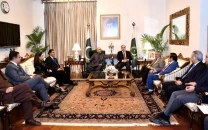
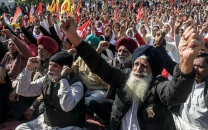
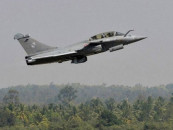
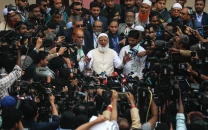

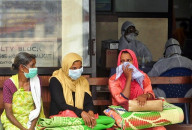












COMMENTS
Comments are moderated and generally will be posted if they are on-topic and not abusive.
For more information, please see our Comments FAQ